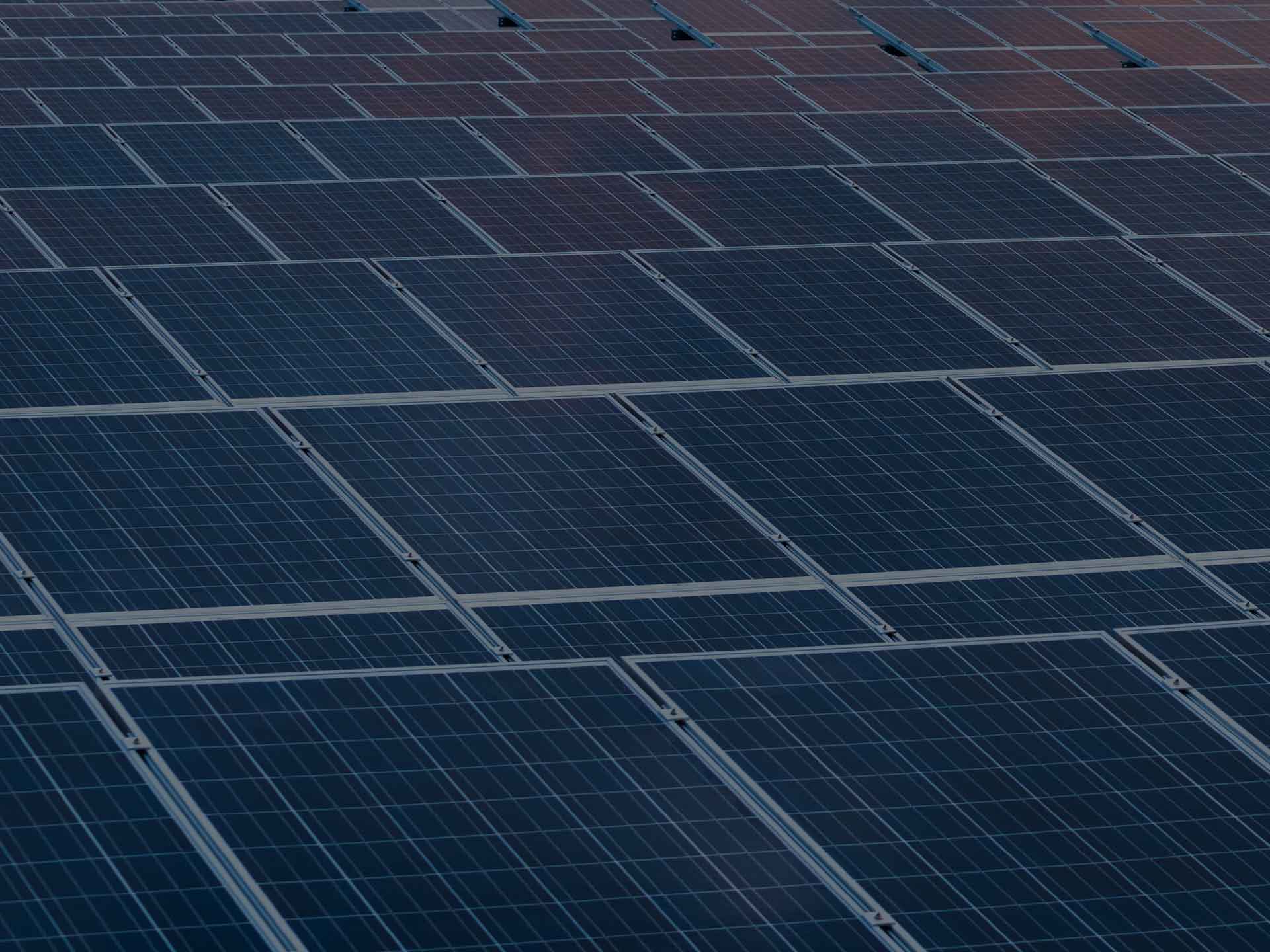Summary
The Renewable Energy for Process Heat Opportunity Study Phase 2 aims to accelerate the adoption of renewable energy in industrial and commercial process heating. This project builds upon previous work funded by ARENA under the Renewable Energy for Process Heat Opportunity Study.
Key results
- Twenty pre-feasibility studies and seven feasibility studies were completed over two phases of the program across a range of food, beverage and industrial processes to consider the suitability of renewable energy options, with a particular consideration of industrial heat pumps.
- The studies demonstrated that industrial heat pumps are economically and technically feasible for low temperature (<90 ̊C) heating applications and can be superior to other renewable heating solutions (such as solar thermal or biogas from anaerobic digestion) where conditions are favourable, that is, suitable temperatures, high-capacity factors and good opportunities to integrate heating and cooling.
- The Australian heat pump market is not yet mature and a key impediment is related to the higher capital cost per thermal kilowatt associated with installing a heat pump compared to traditional boilers. However, studies showed that a higher than necessary capacity heat pump was often considered, with the assumed need to have a one-for-one swap with a boiler in terms of capacity to accommodate peak loads.
- The studies have shown that with better information (from energy data and heat mapping), the use of waste heat and process integration, along with the inclusion of a thermal battery, a heat pump with a comparatively lower capacity can be used, delivering lower capital costs, lower operating costs, lower emissions and a number of non-energy benefits, including the potential to generate revenue from demand response opportunities.
Need
The Renewable Energy for Process Heat Opportunity Study acknowledges that process heating currently accounts for the largest share of fossil fuel use in Australian manufacturing, with renewable energy technologies historically being unable to compete financially.
The project involves identifying potential demonstration sites that can integrate renewable energy technologies into existing industrial and commercial heating processes.
Studies will focus on agriculture, dairy, food and beverage manufacturing, textiles/leather, paper manufacturing, and commercial laundries, and will be delivered in two stages:
- In stage one, a market scan will be conducted to identify no fewer than 15 prospective sites. Ten sites will be selected for pre-feasibility studies of technical and commercial potential.
- Stage two involves five selected sites progressing to a full feasibility study and development of individual business cases that could support implementation.
Learn more
Action
A2EP will work with businesses to develop studies to provide improvements to process heating supplied by boilers, steam/hot water systems and direct process heating (with a focus on heating applications up to 150°C).
The studies will identify and consider opportunities such as:
- heat pumps and other electricity technologies (where supplied by increased use of renewable energy) such as microwave, induction, mechanical vapour recompression
- renewable options including solar thermal, and biomass/biogas
- non-thermal approaches which may reduce or replace thermal load such as mechanical dewatering (e.g. membrane technology or centrifuges, high pressure processing).
Associated storage (electrical, thermal, material) and demand management/controls as required.
Outcome
This project aims to increase the uptake of renewable energy through:
- direct application of renewable energy for process heating
- application of high temperature heat pumps, which use renewable electricity and/or very efficiently transfer heat from the surrounding environment to the industrial process
- application of other energy productivity technologies, together with increased use of renewable electricity.
Additional impact
This project is expected to yield additional benefits such as:
- improving industry engagement in addressing the challenges renewable energy uptake for industrial and commercial process heat applications
- improving the capability of technical service providers to undertake ‘holistic’ process assessments through techniques such as pinch analysis
- improving industry understanding of energy productivity and the benefits deriving from analysis and improvement.




